Sudan rescue worker tells of heartbreak after uncle’s body left undiscovered for a week
Mother-of-two trying to help hundreds who have been stuck in Khartoum with no supplies ‘watching neighbours die of thirst, hunger or a bullet’

A civilian trying to help hundreds trapped in Sudan has recalled the heartbreaking message she received saying her uncle had been killed and that his body was left undiscovered for nearly a week in his Khartoum home.
Jia Elhassan, who is Sudanese but cannot disclose her location for safety reasons, was told neighbours only found her uncle because the “smell of his body was so horrendous” six days after he was allegedly beaten to death.
The 36-year-old has been helping hundreds stuck in horrific conditions in Sudan, setting up an emergency response network hours after the conflict broke out last month.
She has dealt with hundreds of desperate pleas for help from civilians trapped in the centre of the country’s capital - what she termed “the red zone” - while aid from established agencies is scarce due to the security conditions.
The mother-of-two has now told The Independent about the heartbreaking message she was sent by her mother - who is sheltering from the violence in another part of Sudan with the rest of her family - telling her that her uncle had died in that area six days beforehand.
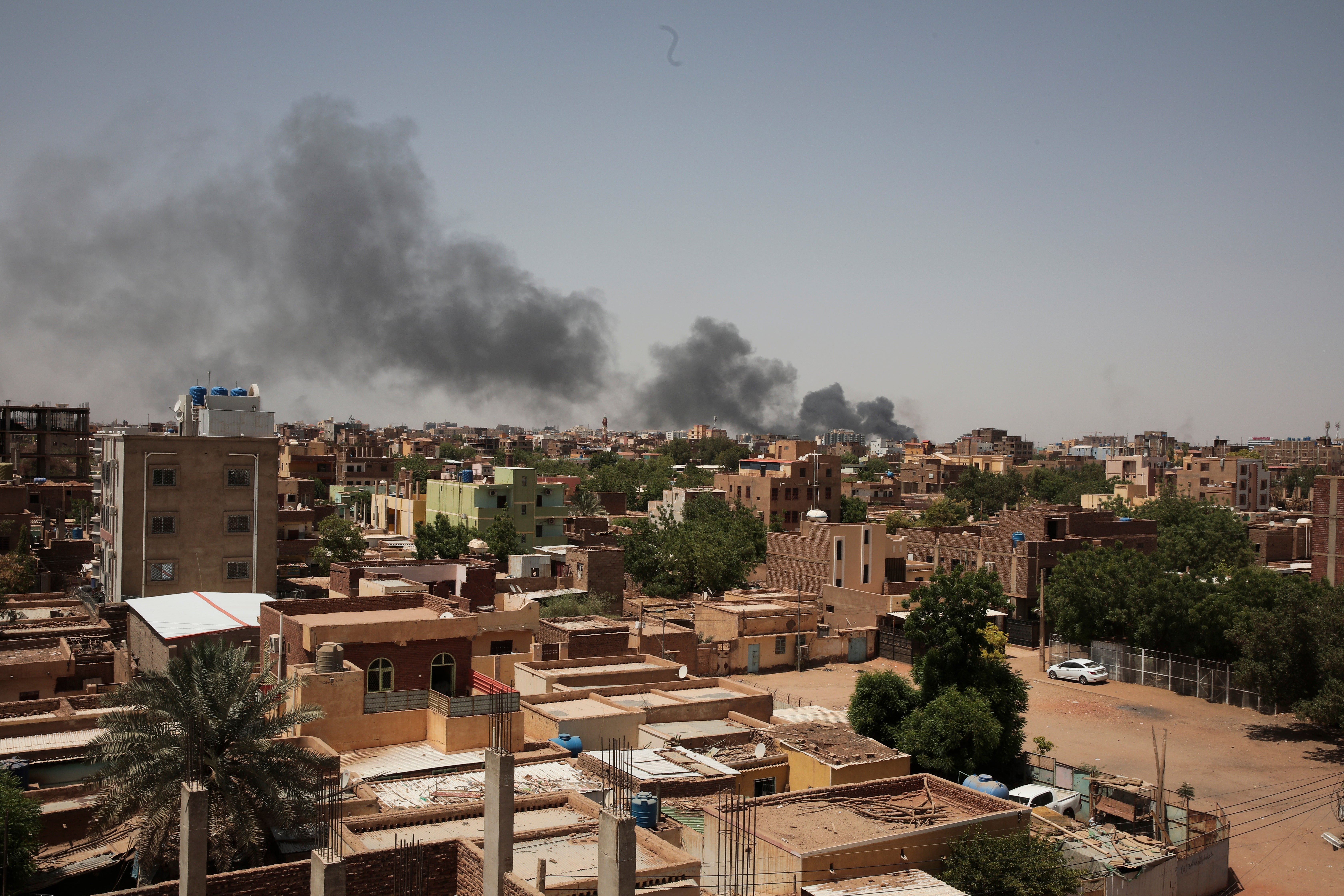
Speaking a month after the fighting erupted, Ms Elhassan said: “My family couldn’t reach him the entire time because they’re not allowing anyone in, and if they did go in, they would die in the process by the militias.
“The people trapped there found him because the smell of his body was so horrendous.”
When war broke out on 15 April, Ms Elhassan said all her family was in the red zone, having gathered there for the holidays. But once the shooting started it never stopped - so a plan was formulated to meet in a house in a relatively safer part of Khartoum and then evacuate the capital together.
They were preparing to set off when her uncle realised he had left his documents at his home in the red zone and was forced to go back to retrieve them. “He went and never came back,” Ms Elhassan said. “They waited and waited but couldn’t wait any longer because the shooting was getting closer to their safer area.”
Her uncle’s neighbours, who were hiding from the violence in their houses, would later tell the family they had seen militia soldiers entering his home, with lootings now commonplace in Khartoum. Her uncle arrived and the neighbours said they heard a fight break out inside before the soldiers left - but it was too dangerous for them to leave their shelter to check on him. Ms Elhassan said: “You can’t even go and save someone who is dying because you will die.”
Six days later, the “horrendous” smell of his body forced her uncle’s neighbours out of their houses, when they discovered he had been beaten to death.
It took another six days for them to get hold of his family and decide what to do with his body.
Ms Elhassan explained: “They tried to bury him in his house yard - this is how they’re burying people now. But they couldn’t because it’s made of tiles. Then my family said to actually not bury him, as we need evidence. So he’s still there, wrapped in plastic in his backyard.”
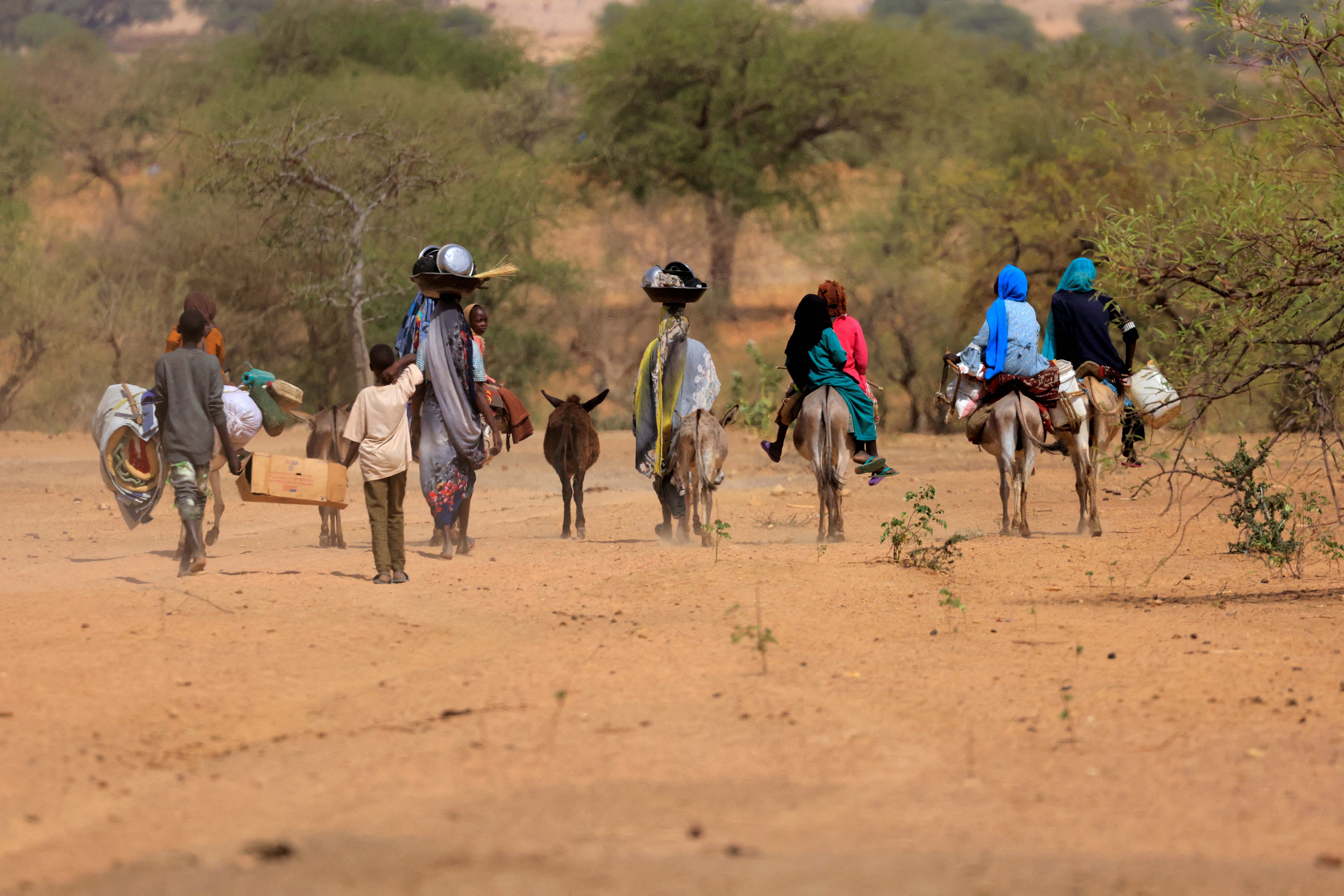
She added: “It’s not just him. It’s been 30 days and thousands of people are still trapped in their homes in that area - watching their neighbours die one by one from hunger, thirst or a bullet - with no electricity, no food, no water.”
Ms Elhassan’s day job involves building digital infrastructures, and she said she also built an emergency response network of 4,000 anonymous volunteers during the Sudanese Revolution in 2018.
So within two hours of the fighting erupting last month, she said she launched an emergency command centre of civilians working remotely and on the ground.
The group verifies SOS messages posted on social media - with pleas generally being “we need to evacuate”, “we need food” and “we need water”, or from people desperately trying to rescue their loved ones - and then tries to coordinate a supply response. As an example, she said they organised a shipment of 100 insulin pens from Egypt to distribute in Khartoum.
When it came to the centre of the capital, Ms Elhassan said: “We noticed that none of those cases trapped in that zone were solved because people either go missing or die in the process.”
She said: “Everyone in that region is held hostage. No food, no water, no electricity, medical aid, ambulance evacuation, or any aid whatsoever can enter that area.”
She told of a time one of her volunteers “said they took a bus to look for something in a pharmacy and will never do that again. The militias are on every corner, taking cash from civilians, checking their phones, taking their cars.”
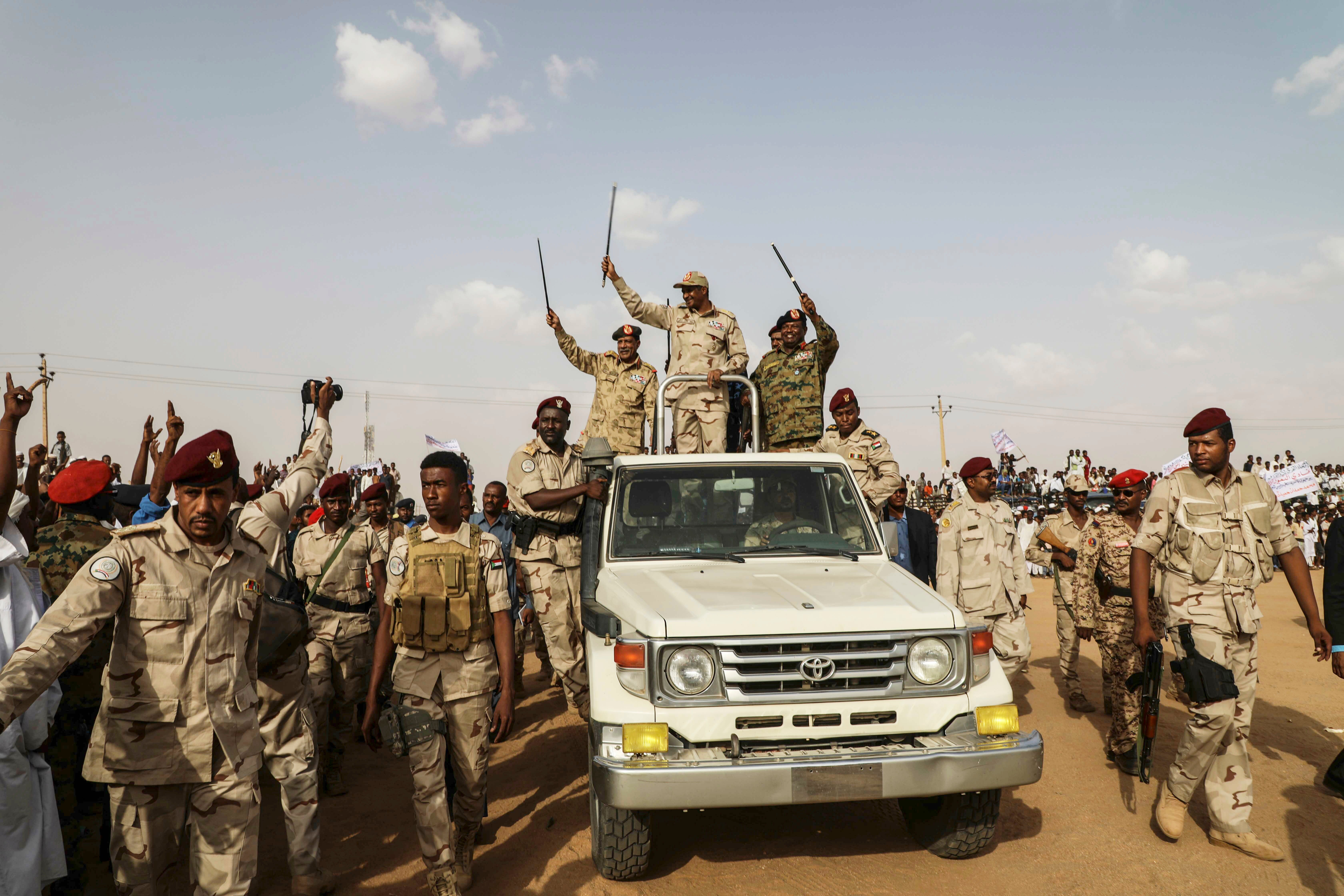
Ms Elhassan said she feels “helpless” and “exhausted” as civilians have been left to fend for themselves.
On Friday, the rival forces of the Sudanese army and paramilitary signed a commitment to protect civilians as they continue to negotiate in the Saudi city of Jeddah after a month of ferocious fighting that has killed more than 750 people and displaced thousands.
It is hoped the Declaration of Commitment to Protect the Civilians of Sudan will allow for humanitarian aid to be safely delivered and for essential services to be restored.
But Ms Elhassan described the agreement as “just ink on paper”, which “means literally nothing”, as she said the influx of cases she has been faced with never stopped. She said she is “baffled, upset and angry” that there is not more being done to help these civilians stuck in a humanitarian crisis.
The UNHCR told The Independent that it along with many other aid agencies have limited options when it comes to providing humanitarian assistance in Khartoum due to the security conditions and difficulties with access.
It said it is exploring the possibility of prepositioning some core relief items in Wad Medani in Jazirah state, so it would be ready to respond to humanitarian needs once security conditions allow.
An International Committee of the Red Cross (ICRC) spokesperson said that “relentless fighting and widespread insecurity have made it extremely challenging to rapidly deliver emergency assistance” to those in Khartoum, especially since reports of direct threats and attacks against medical and humanitarian personnel emerged.
They added the ICRC has made donations to three hospitals, provided body bags, and requested security guarantees needed to deliver its medical supplies.
Ms Elhassan said: “I know we’re helping thousands to find food and water, but as civilians that’s all we can do. I can’t force governments. Those civilians don’t care about who will win - they just want to eat, they want their insulin, they want to survive the next hour.”
Join our commenting forum
Join thought-provoking conversations, follow other Independent readers and see their replies
Comments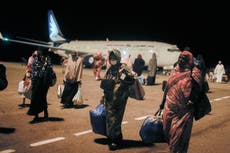

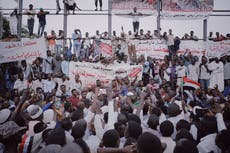
Bookmark popover
Removed from bookmarks